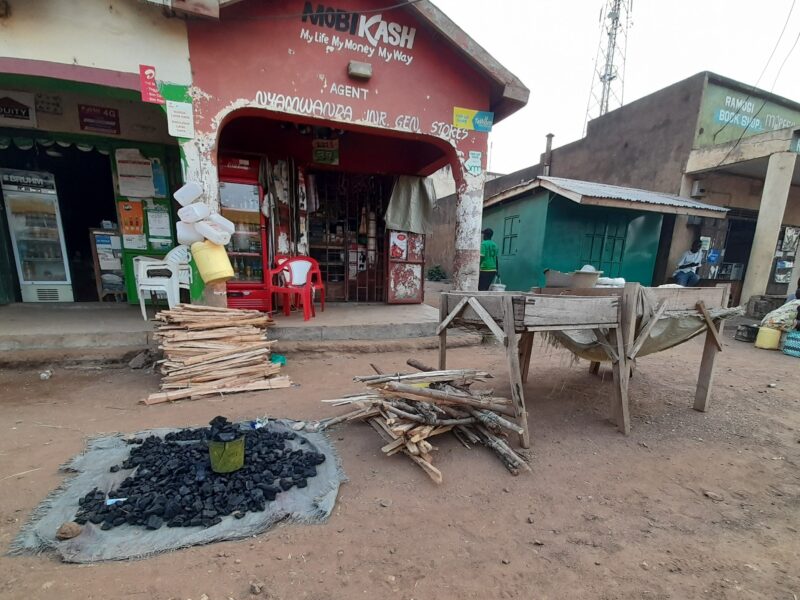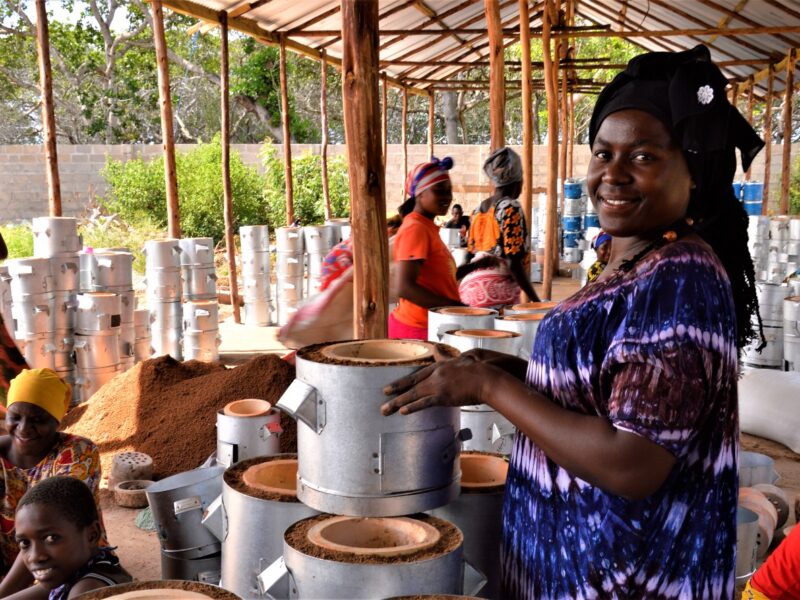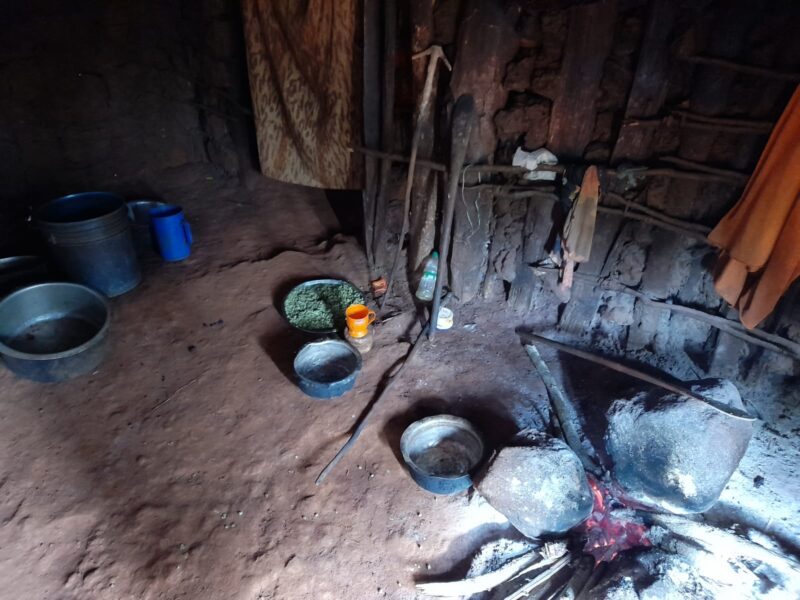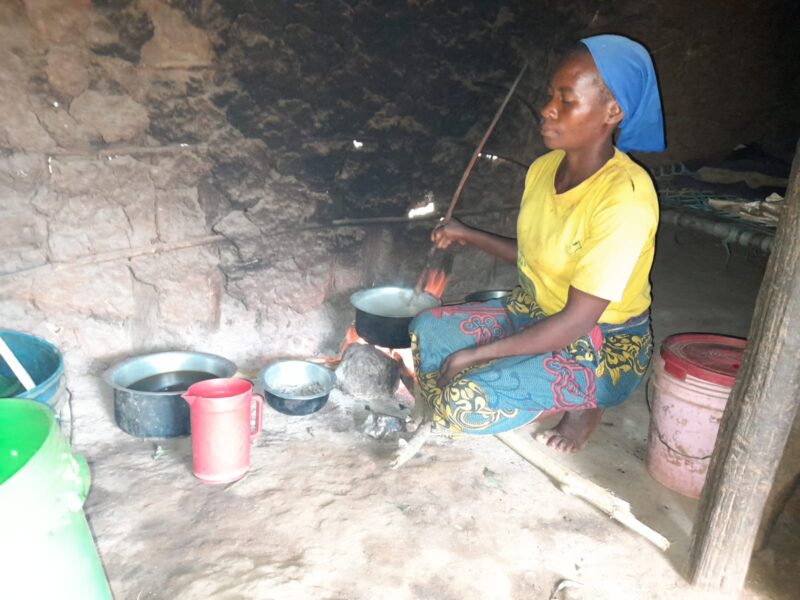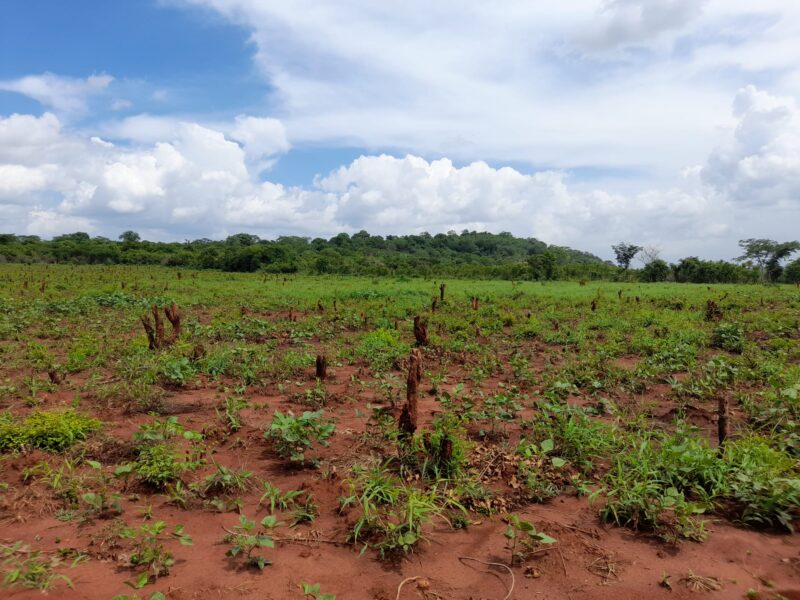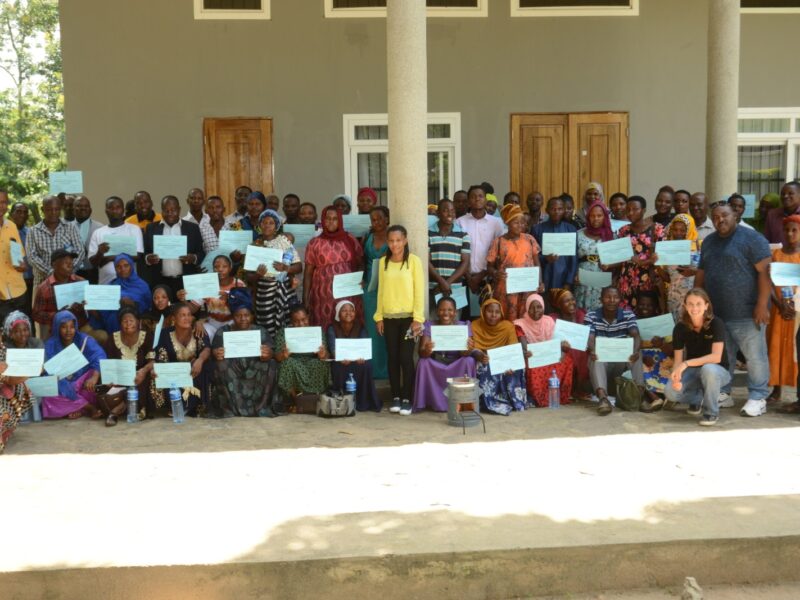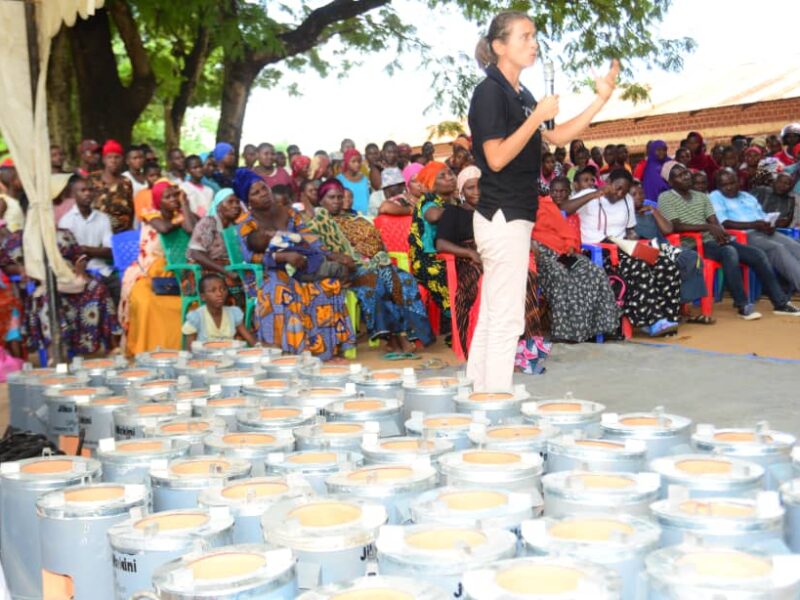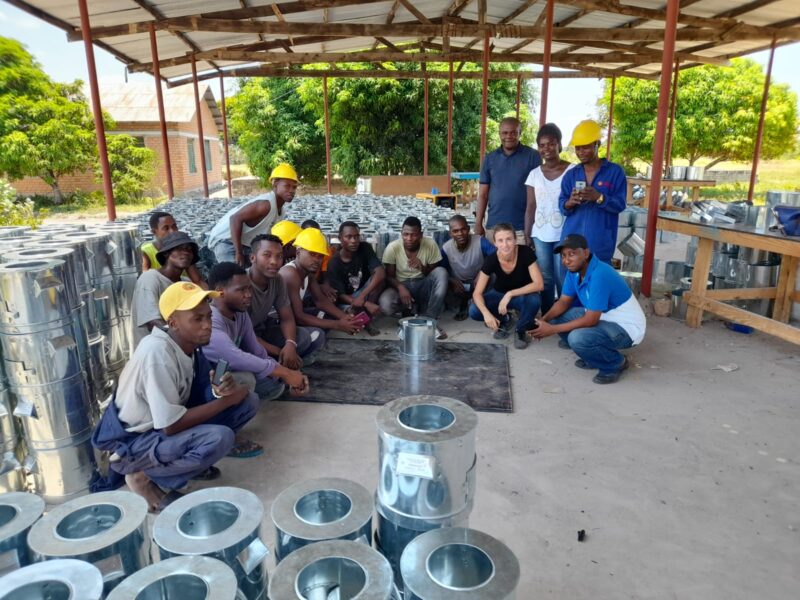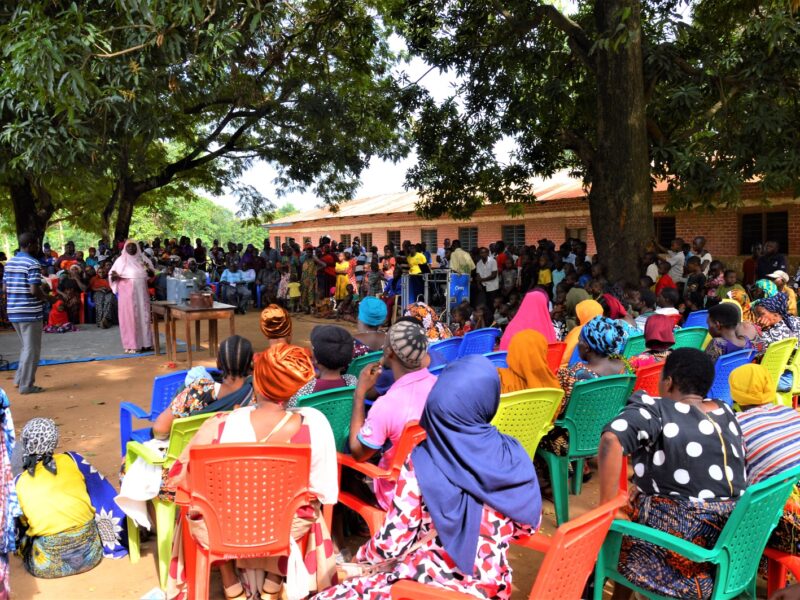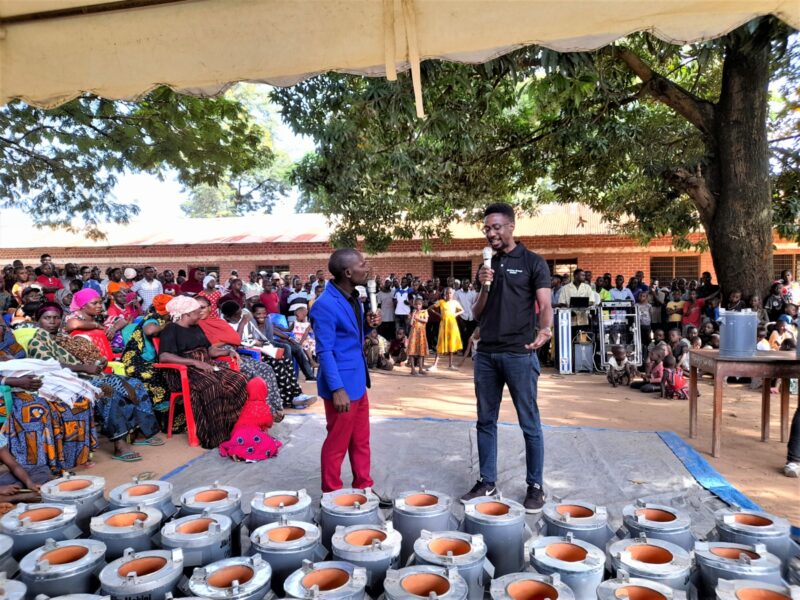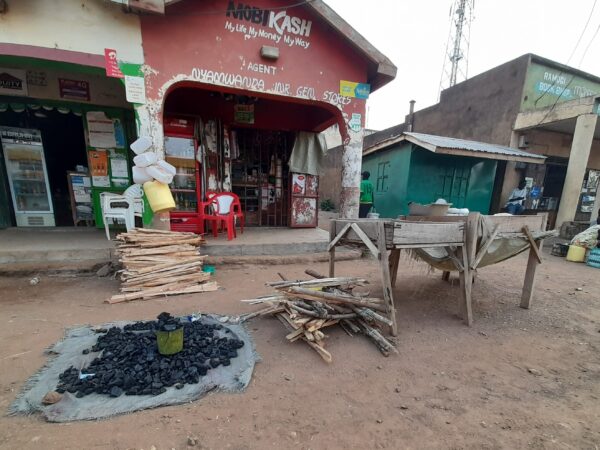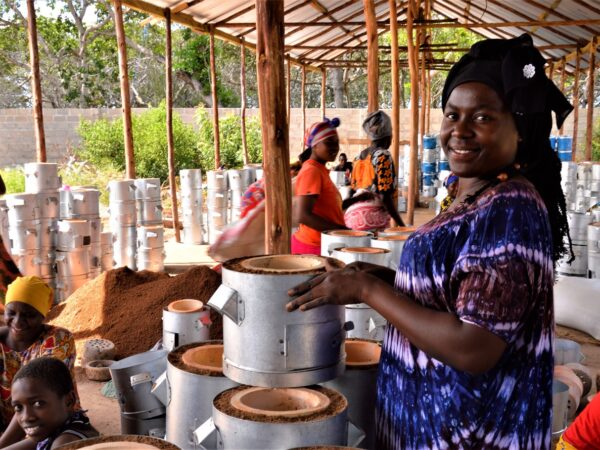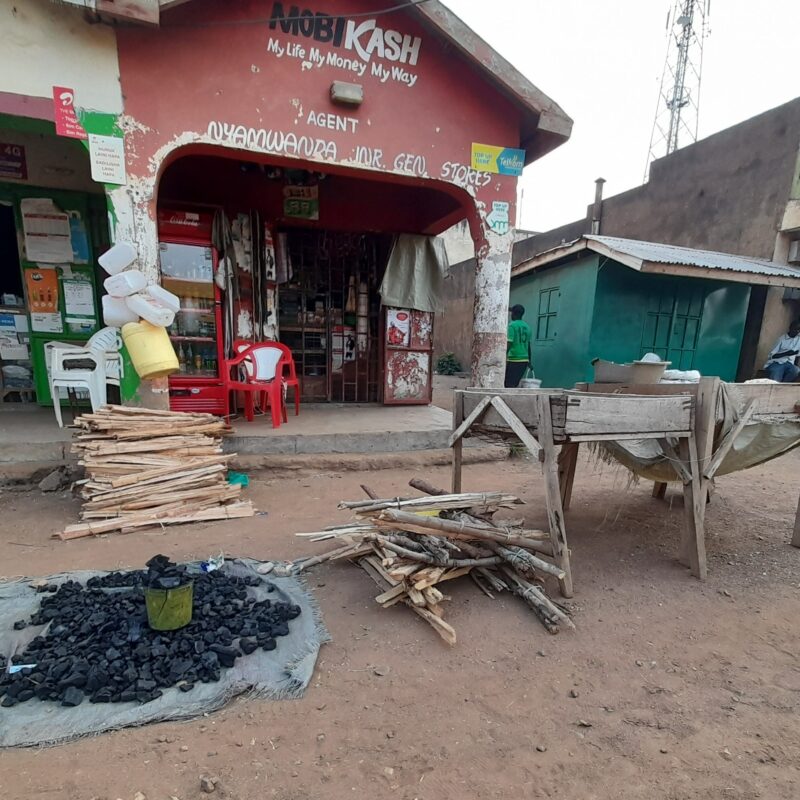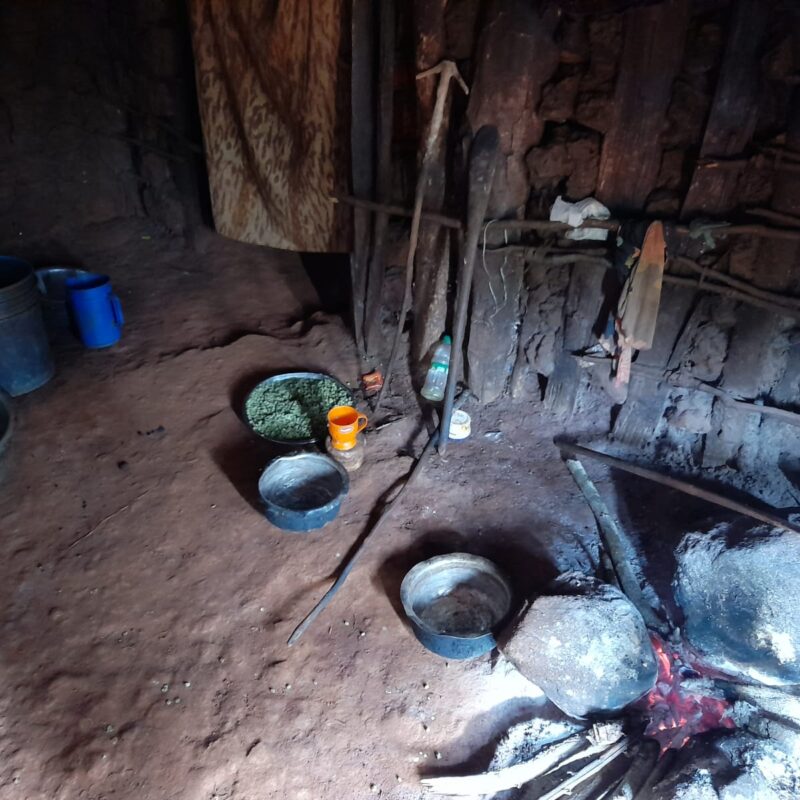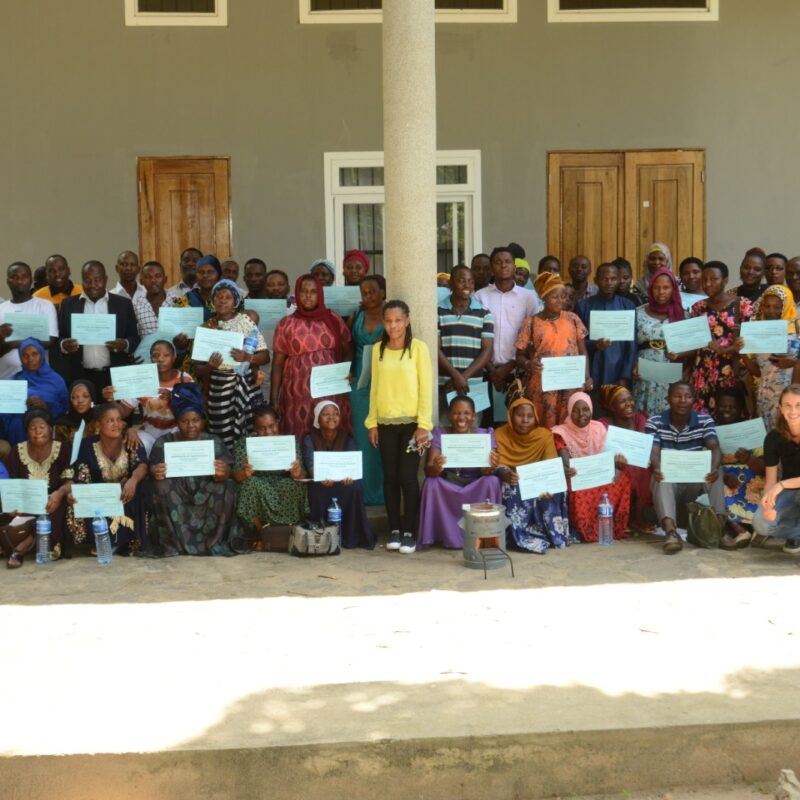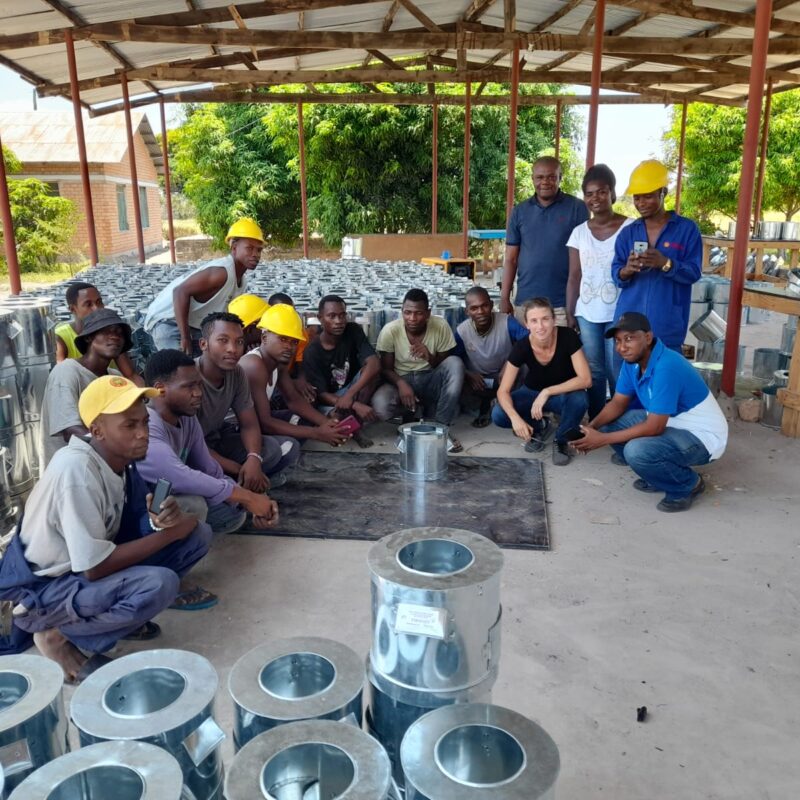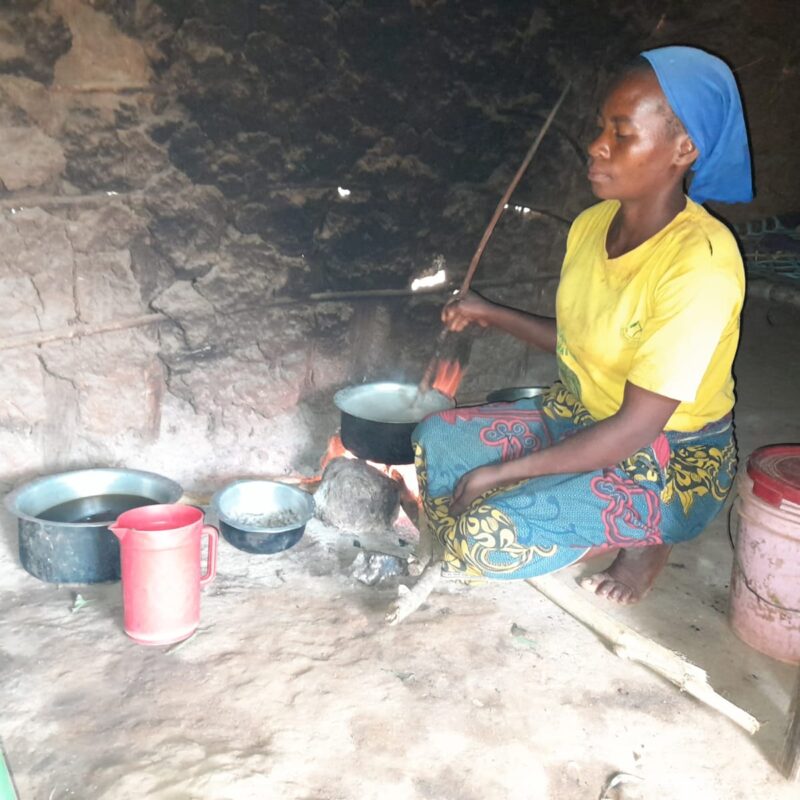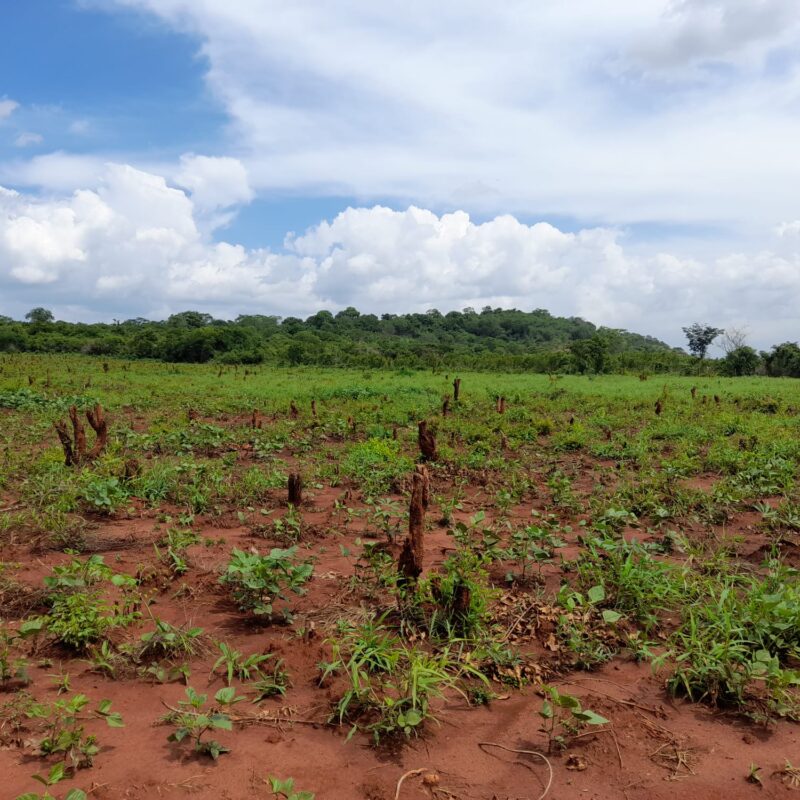Combating climate change in Tanzania with projects that generate carbon credits
More than 90% of households living in rural areas of Malinyi and Kilombero districts in Morogoro Region, Tanzania, rely on inefficient traditional cooking methods and use firewood and vegetable charcoal as their main fuel for cooking. This practice has devastating effects on the surrounding forests, which are gripped by deforestation for wood collection and charcoal production, and on the health of the people, women and children in particular, who are exposed daily to the inhalation of harmful fumes generated by burning.
The main barriers of the diffusion of more efficient and environmentally sustainable cooking tools are mainly related to economic reasons. Improved stoves are hardly seen in local village markets in rural areas because the costs to purchase them are unaffordable for people, who live mainly on subsistence farming, although the demand and need for these technologies is high. The low purchasing power of households discourages cookstove manufacturers from investing in this sector, thus creating a problematic situation that fuels deforestation and impoverishes households.
Up to 70% fuel savings
The cookstove used in the project, which runs on both wood and charcoal, is a prototype developed in Tanzania with input from various local manufacturers and certified. Due to its high thermal efficiency (35 percent), the Jiko Makini stove provides fuel savings of up to 70 percent compared to the traditional three-stone fire cooking method used widely by households in rural areas.
The “Clean Cooking to Combat Climate” project in Tanzania uses the financial mechanism of carbon credits to go to bridge this gap by distributing 5,000 highly efficient cookstoves that significantly save on wood and charcoal consumption. Using a network of local distributors made up of small businesses in the villages, the stoves reach the most remote areas and become accessible to so-called last-mile consumers. Households are asked for a symbolic contribution to acquire the stove, equal to about 10 percent of the product’s market value, which serves to compensate local distributors. The costs of production, distribution, maintenance, and monitoring of the stoves are borne entirely by OffgridSun, the project’s investor and developer. The investment will be lowered over the years by the sale of carbon credits generated by the project on the voluntary carbon credit market.
Reduction of wood requirements by 70%
Thanks to the cookstoves, it will be possible to reduce the use of firewood and charcoal and also reduce respiratory problems related to the smoke produced. Each household is registered in a database to monitor the operating status and use of the stove over the 5-year duration of the project.
Lower expenditure on fuel purchase and less time for procurement
End all forms of poverty in the world
- At least US$300 saved per year per household on the purchase of wood and charcoal for household use
Reducing emissions in the home environment
Ensuring health and well-being for everyone and all ages
- At least 50% reduction in smoking
Greater independence and time for women
Achieve gender equality and empower all women and girls
- At least 50% of the time saved per day to collect wood from women and children
A local supply chain
Fostering lasting, inclusive and sustainable economic growth, full and productive employment and decent work for
We decided to produce stoves locally in small Tanzanian factories, thus providing jobs for the population.
- About 100 jobs created along the supply chain
Lower emissions
Promote actions, at all levels, to combat climate change
- More than 12,000 tons of CO2 saved per year
Official project documents
Learn more about the details of the project through the official registration documents at Gold Standard


